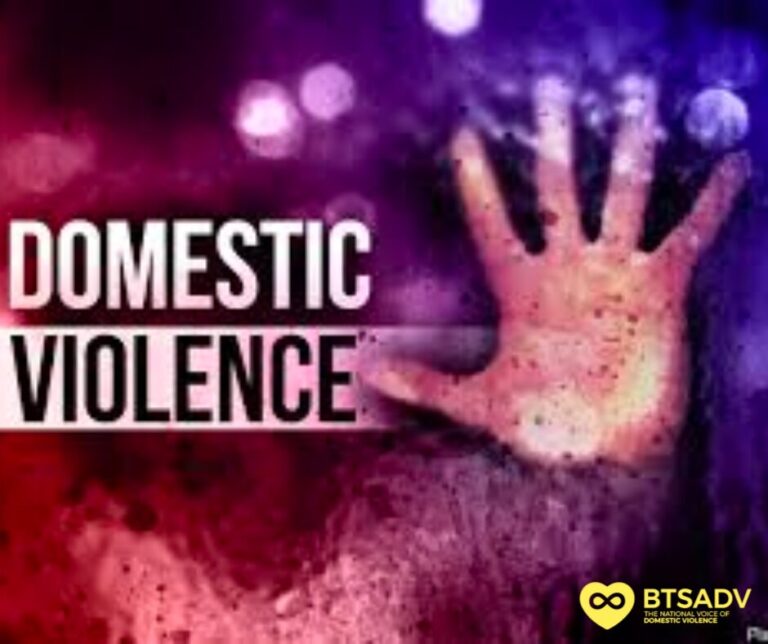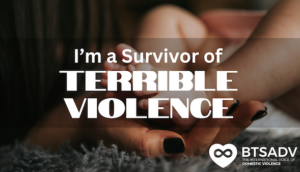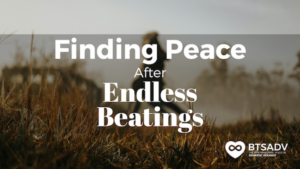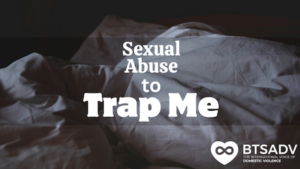By Sammie Rose
Overcoming Co-Occurring Addiction and Mental Health Disorders: My Journey to Recovery
Navigating co-occurring disorders, like addiction and mental health issues, presents unique challenges that can feel overwhelming. While I am not a mental health professional, I’m sharing my personal experience with addiction and bipolar disorder, hoping to inspire others on their recovery journey. Through this story, I want to shift the narrative around those dealing with substance abuse and mental health, encouraging better support and understanding.
Early Struggles and the Descent into Addiction
From a young age, I battled depression, and when I discovered alcohol in early adulthood, it felt like a quick fix to numb the pain. Without healthy coping mechanisms or a clear sense of normalcy, I slid deeper into addiction, unaware of how it was gradually consuming my life. For those who have experienced addiction, the complexities and layers of it can heavily impact every area of one’s existence.
It’s crucial to understand that having both a substance use disorder and a mental health condition doesn’t necessarily mean one caused the other. However, the combination of the two often creates unique struggles, especially when navigating recovery. In my case, addressing addiction meant tackling not only the substance abuse but also my mental health disorder, specifically bipolar disorder.
Seeking Help and Starting the Recovery Process
The decision to seek help was monumental but overwhelming. I had to confront not only my addiction but also the underlying mental health challenges that fueled it. Seeking support while feeling hopeless and defeated was daunting. However, understanding my behaviors and the reasons behind my drinking became essential in moving forward.
The first step in my recovery was finding the right support system. Therapy, inpatient and outpatient rehab, and support groups played a critical role in my journey. I realized that to transition out of my old life, I needed a fresh environment—physically, emotionally, and mentally. My mental health services, including therapy and psychiatric care, helped me process the trauma, unhealed wounds, and adversities that had influenced my addiction.
The Role of Therapy in Recovery
Therapy gave me the tools to manage life stressors and emotions without resorting to alcohol. I learned healthier coping skills, how to emotionally regulate, and how to challenge negative thoughts and behaviors. Through therapy, I also began to love and accept myself, something I hadn’t done in years.
However, therapy alone wasn’t enough. I made the courageous decision to enter inpatient treatment. Though it was a difficult start, as I hadn’t fully accepted that my drinking was part of the problem, I quickly realized how necessary it was. By the time my life became unmanageable—losing custody of my children, jobs, stable housing, and relationships—I knew I needed to make a drastic change.
Letting Go and Embracing Sobriety
Letting go of addiction is like breaking up with a toxic relationship. You know it’s killing you, yet the comfort it provides is hard to walk away from. The grieving process that accompanies leaving behind a substance is real, but it’s a crucial step toward healing.
Inpatient treatment gave me the structure I needed, but finding the right facility was key. Recovery, I learned, isn’t linear. I experienced relapses and setbacks, but each step forward brought me closer to sobriety. Surrounding myself with like-minded women in treatment who shared my determination for recovery was essential.
Building a Support Network in Recovery
Once out of treatment, support outside of therapy became vital. I had to make significant life changes, ending relationships that weren’t conducive to my recovery, changing my environment, and cultivating a sober network of friends who supported my goals. Recovery is not a journey to undertake alone; it requires a strong support system and a willingness to let go of the past.
Recovery also means managing your mental health symptoms and carefully choosing what you fill your life with during sobriety. My journey taught me that addiction is just a symptom of deeper problems. Addressing the reasons behind my substance use and healing those underlying issues was the key to long-term recovery.
Co-Occurring Disorders: A Lifelong Journey of Healing
Living with co-occurring disorders can feel overwhelming, but it’s possible to overcome them and lead a fulfilling life. The hardest part is often letting go of addiction and embracing a new life you never thought possible. But with every step, no matter how small, you can make a significant impact on your mental health and overall well-being.
Recovery is a lifelong process, and healing is not a destination—it’s a continuous journey.
Keywords: co-occurring disorders, addiction recovery, bipolar disorder, mental health awareness, substance use disorder, alcohol addiction, therapy, rehabilitation, support groups, healing journey, mental health challenges, coping mechanisms, sober network
Hashtags: #AddictionRecovery #MentalHealthAwareness #BipolarDisorder #CoOccurringDisorders #HealingJourney #SubstanceAbuse #Sobriety #SupportGroups #TherapyWorks #BreakTheSilence #MentalHealthMatters #RecoveryJourney #Rehabilitation #btsadv










